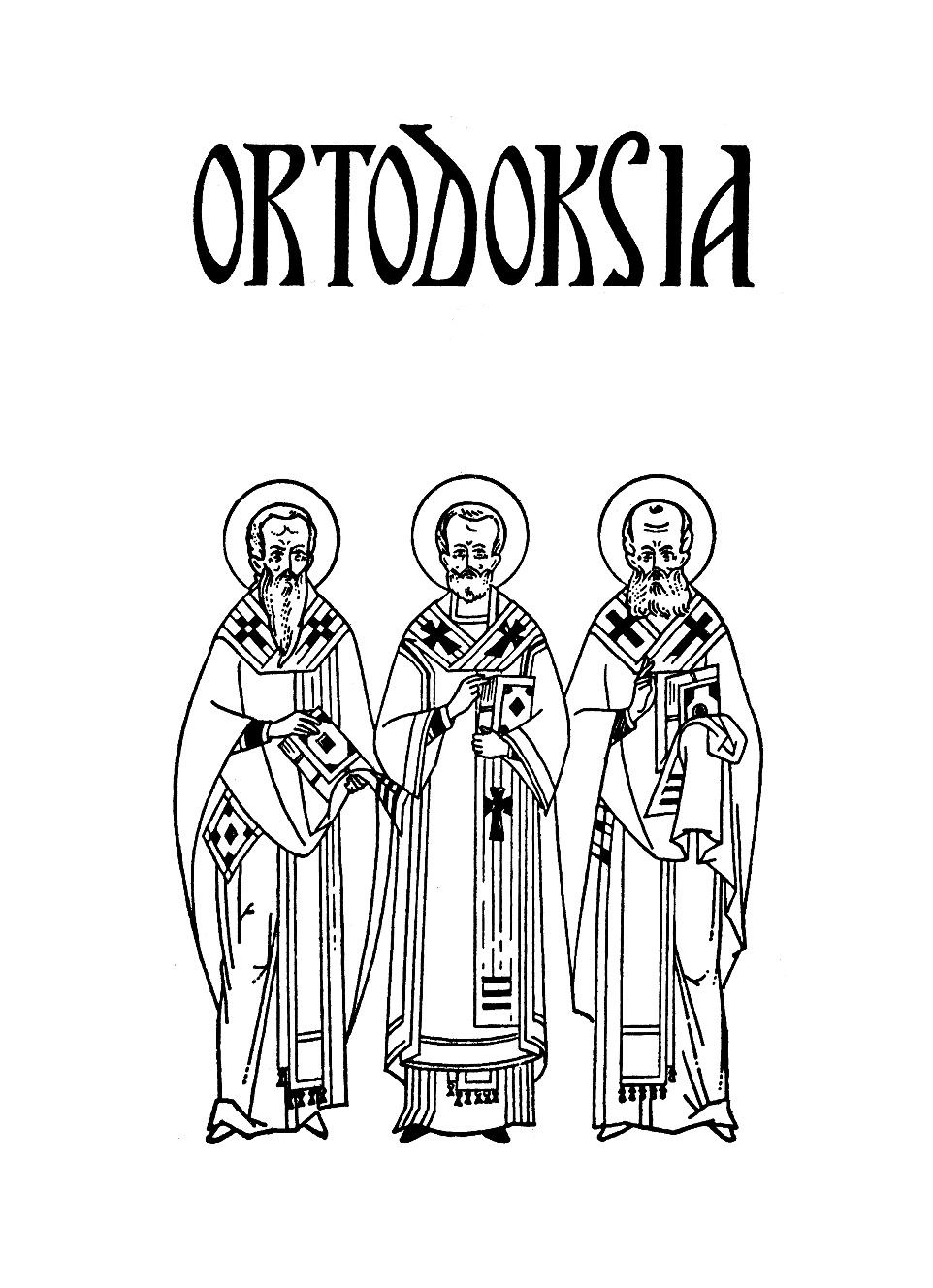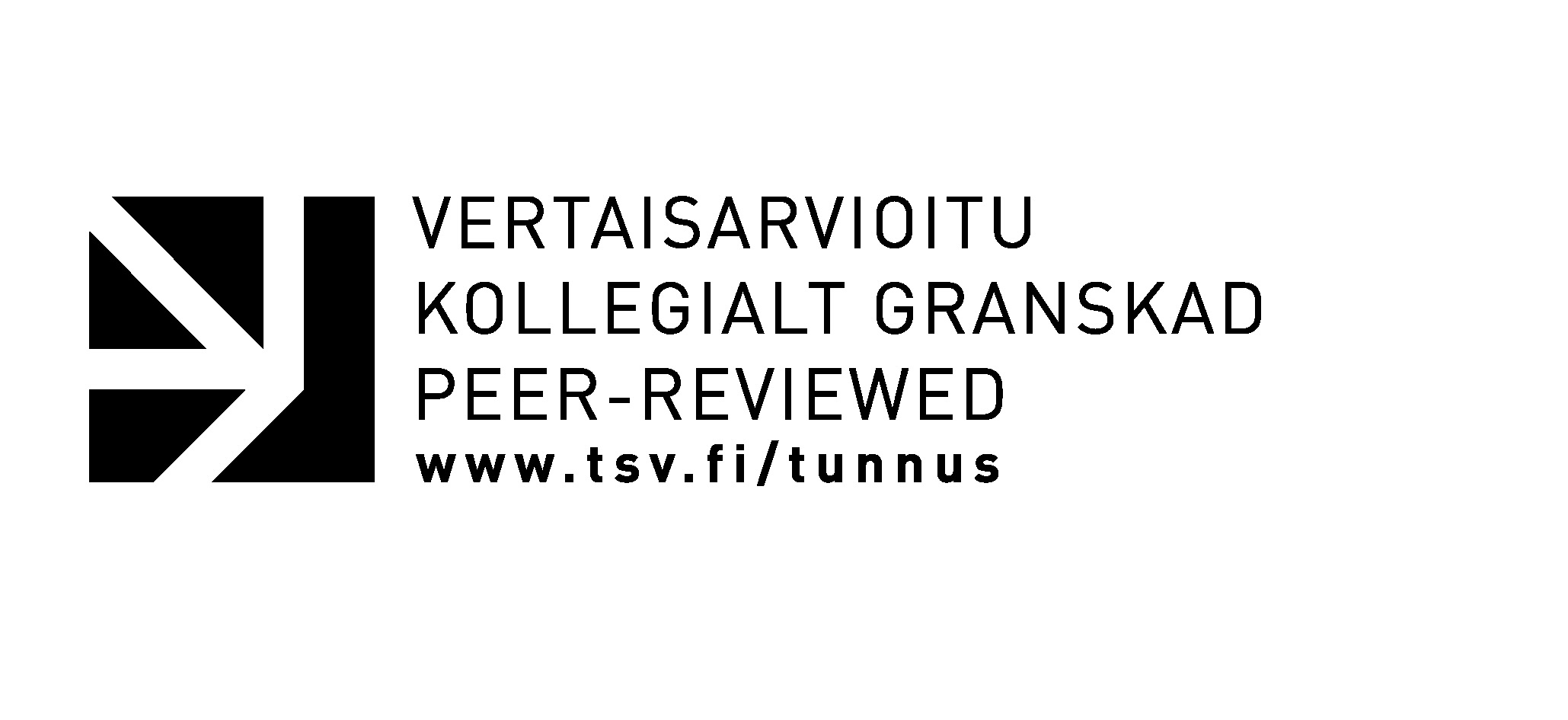Keitä me olemme? Keihin me kuulumme?
Suomi – Ortodoksia – Venäjänkielisyys
Abstrakti
The article reflects, firstly, historical importance of dividing cultural lines: how Eastern Orthodoxy and Western Catholicism – and subsequent Lutheranism – have encountered in the Finnish-Russian border lands. Secondly, it explains how this encounter has been perceived in the remory policies of two cultural spheres. The aim of the article is to make more comprehensible the prejudices that still exist in the present day Finland.
In the North, the dividing line between civilizations became evident through rise of Protestantism and the process of governmental stabilization. In the terminology of Samuel Huntington, conflicts resulting from these developments could be labelled as “fault line wars”. According to Huntington, West ends where Orthodoxy begins. In the North, Russia is the historical core of Orthodox culture. Today there are still many in the East and the West alike who think that “fault line conflicts” between the two civilizations are affected by the existing cultural differences.
Research of Finnish-Russian relations has been going on for decades in Finland. However, only a few researchers have adequate language skills and sufficient expertise in the field in order to dissolve conventions of national historiography regarding, for example, the role of past religious heroes and relationship of the Moscow Patriarchate with the Orthodox Church of Finland. It is evident that Finnish Orthodoxy tends to fade out the dividing cultural line. For such a small church it is important to look to the west, to ”sniff the winds of freedom.” In practice, the parishes belonging to different Patriarchates have been able to reconcile in Finland – despite the fact that their views of the broader issues might be opposed.
Findings made by Sanna Iskanius (2006) on the Russian-speaking immigrant students’ identity indicate that language is a major factor in defining one’s identity. Furthermore, a positive attitude towards one’s mother tongue (i.e. Russian) and background also helps in adopting the Finnish culture and the Finnish language. In interviews made by the author for this article, a number of Russians living in Finland were asked what constitutes the bases of their cultural identity. The results firstly speak of an appreciation of a shared collective experience, the feeling of community (including a common language, customs and landscape of the mind). Secondly, both a contact with the local parish life and personality of the priest and other church workers are important. Implicitly or explicitly, many of the interviewees denote to be more at home in the Moscow Patriarchate than in the Finnish Orthodox Church.
When immigrant work is being carried out, it is important to bear in mind both the history of cultural border lands and the current experience of Russian immigrant populationespective nationalism in Finland. Ideally, both the clergy and the original parishioners alike should be willing to modify their attitudes towards Russian immigrants in a positive direction, and earnestly welcome the newcomers to join the parish life.



